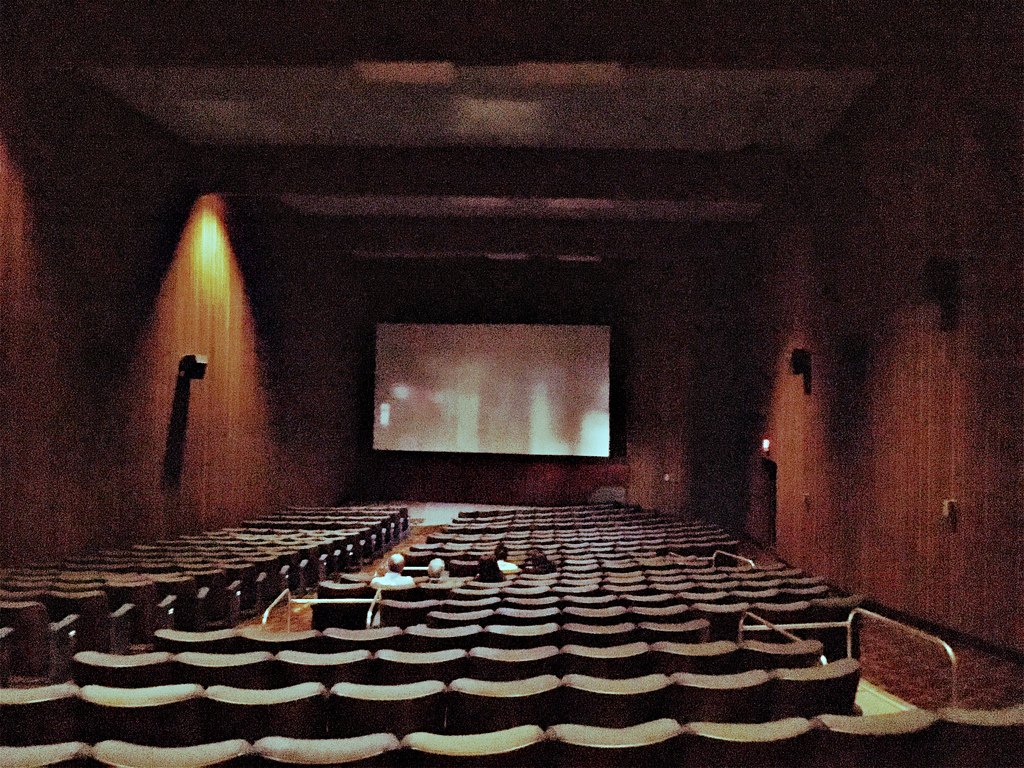Tag: cognitive
-

Your memory of an event is unique.
Your memory of an event is unique. If you experience something, whether it be as benign as watching a movie in the cinema, or as traumatic as being in a bank when it is raided by masked gunmen, your memory of that event will be unique. Your memory of watching a movie will be vastly…
